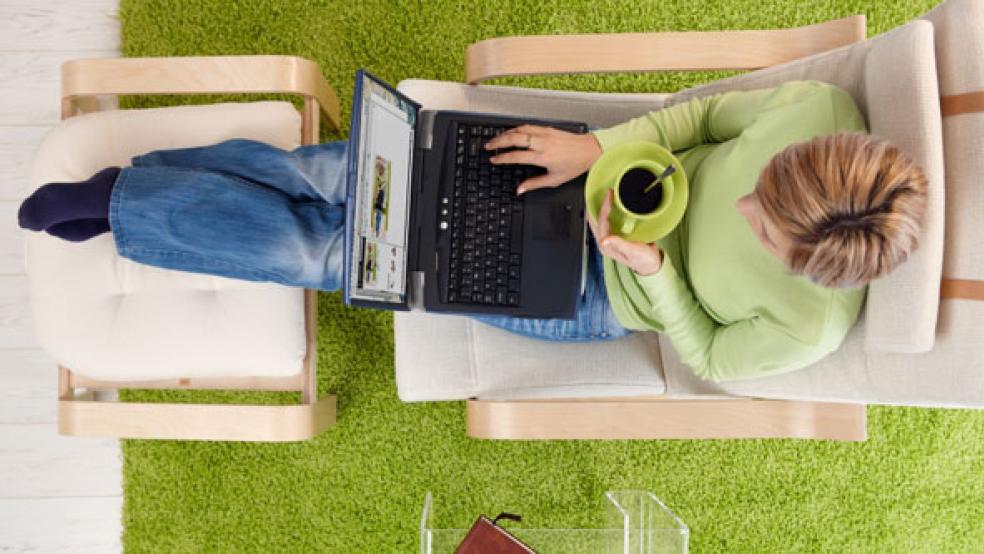After springing forward this weekend to Daylight Savings Time, many people are operating on a couple of hours of sleep debt. So squeezing in a few naps might not be a bad idea. Studies show the importance of getting enough sleep at night and supplementing it with brief snoozes as needed.
“Short naps during the day actually work better than caffeine in terms of boosting our productivity, alertness and performance,” says Kat Duff, a mental health counselor who has extensively studied sleep and health.
Related: The One Quick Way to Boost Worker Productivity
Most people assume gulping down an extra cup of coffee will help them power through the workday, Duff says. Coffee, however, can actually impede our performance.
“You can become jittery with too much caffeine, whereas a short nap of no more than 20 minutes will help you feel refreshed, energized and in a better mood.”
She adds, “If you do need to use caffeine, the best recommendation is to drink a cup of coffee right before your nap. It takes 15-20 minutes for the caffeine to kick in, so when you wake up you’ll get the double benefits of the coffee plus the nap.”
Brief catnaps can certainly help catch us up, but since sleep pods or nap rooms are hardly available at every workplace in the nation, there are other steps we can take to help boost our job performance and productivity – and get a better night’s rest for optimal health.
Duff, whose new book is The Secret Life of Sleep, shares these worthwhile tips:
- Increase exposure to sunlight and blue light in the early part of the day. “Companies can install energy efficient light bulbs or other lights offering more of the blue-light spectrum. When employees have extra exposure to that in the morning, they’ll not only be more awake, productive and in a better mood, they’ll have an easier time falling asleep at night.”
- Schedule morning work meetings for 11 a.m., instead of 9 a.m. “The 11 a.m. slot is much better for both early risers and night owls – it better accommodates everyone’s different sleep natures than first thing in the morning. You’ll get a higher quality of participation and input from all your workers at that hour.”
- Lower exposure to blue light in the evening. Putting filters on laptops or phones – as Duff does – is one inexpensive option (the MacBook Air SleepShield Blue Blocking Filter, for example, sells for about $40). Creating new nighttime habits with sleep in mind is another idea. “For some people, saying ‘no more screen time’ after dinner works well, while for others, creating new rituals an hour or so before bedtime works best.”
As for that still-lingering notion that executives who don’t need much sleep are superior to the rest of us, Duff has some cautionary words.
“We don’t recognize all that sleep does for us. It repairs our tissues and muscles. It boosts our immunity system. It boosts us mentally, helping us learn and remember. It helps our negotiating skills. It improves our reactions and responses to pain. Our brains are literally fresher the next morning after a good sleep.”
Top Reads from The Fiscal Times:
- What a Big Supermarket Deal Means for Your Food Bill
- Why You Shouldn’t Send Your Child to An Idaho College
- Taxpayer Alert: Here’s How to Safeguard Your Identity





